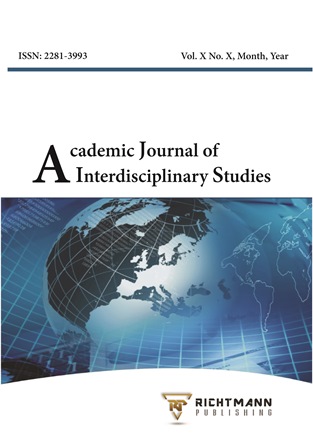University Students' Satisfaction and Evaluations of Synchronous Online Learning for Physical Education Courses
DOI:
https://doi.org/10.36941/ajis-2023-0057Keywords:
university students, synchronous online learning, Zoom, physical education, higher education, mixed-methods studyAbstract
Physical education major in higher education has been negatively impacted during COVID-19 due to the need for social distancing. Many universities have adopted hybrid or fully remote learning models to avoid these risks in this environment. Recognizing the importance of online education for physical education, this research focuses on Korean university students' satisfaction and evaluation with synchronous online learning using Zoom. The study implemented a mixed method, including exit course surveys (n=60) and individual interviews (n=4). The data was collected in the 2022 fall semester. Study results showed synchronous online education provided a flexible learning environment for physical education students. Also, university students were satisfied with synchronous online education and were willing to take these courses again next semester. Furthermore, they evaluated synchronous online education as effective in providing real-time interaction between the instructor and students. However, the interview data showed some challenges of online learning using Zoom for physical education courses. Finally, several implications are discussed for effectively constructing synchronous online physical education for higher education.
Received: 20 February 2023 / Accepted: 20 April 2023 / Published: 5 May 2023
Downloads
Downloads
Published
Issue
Section
License

This work is licensed under a Creative Commons Attribution-NonCommercial 4.0 International License.
This work is licensed under a Creative Commons Attribution-NonCommercial 4.0 International License.








